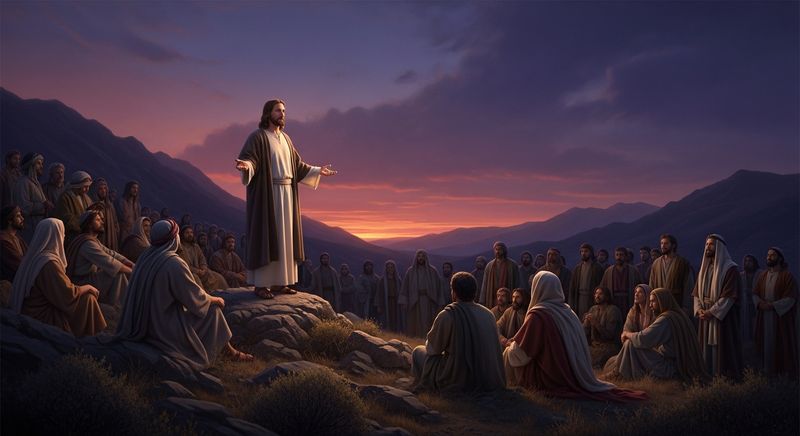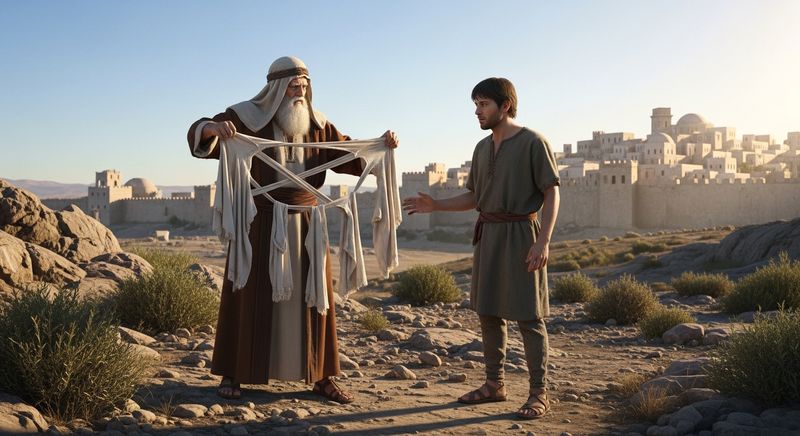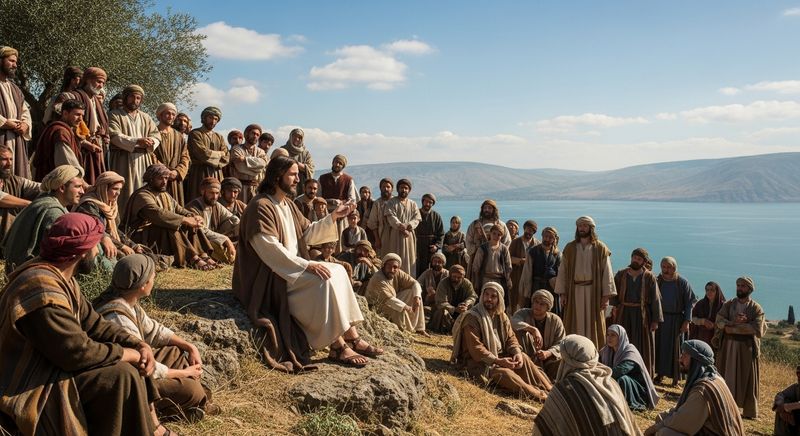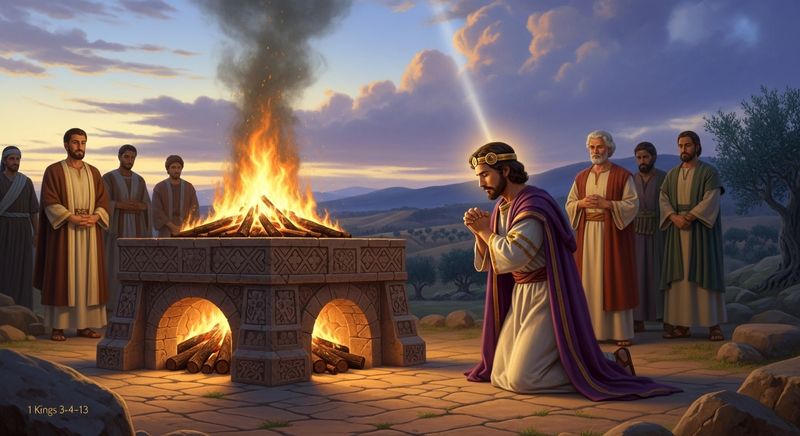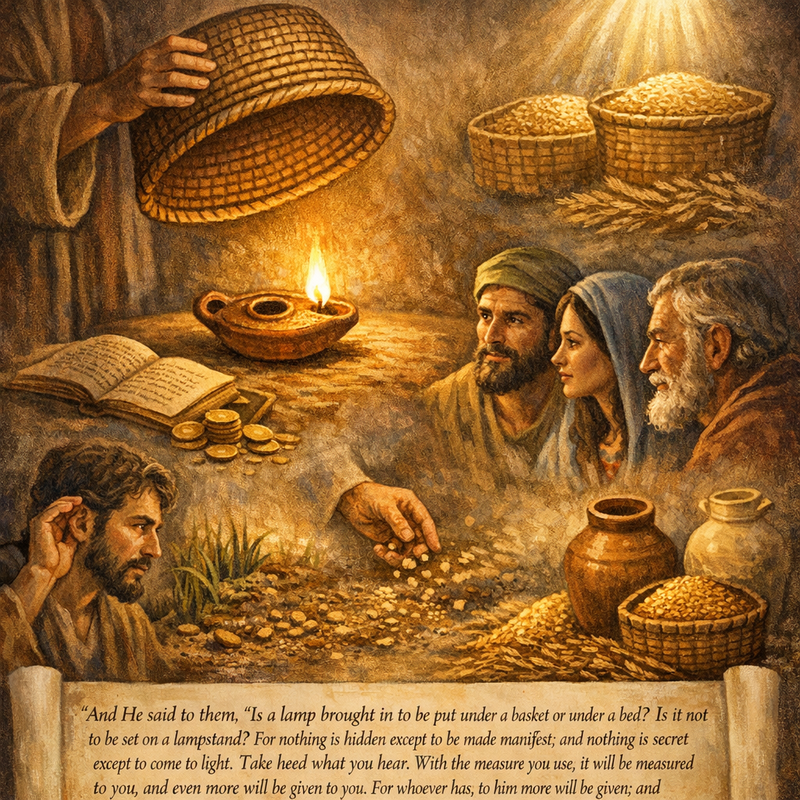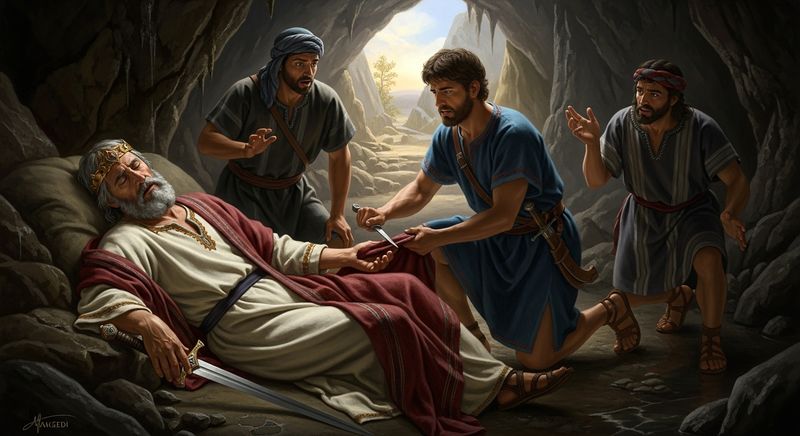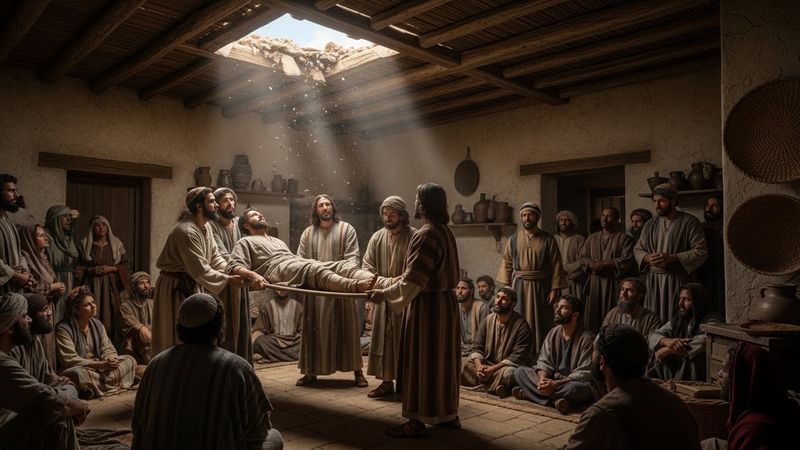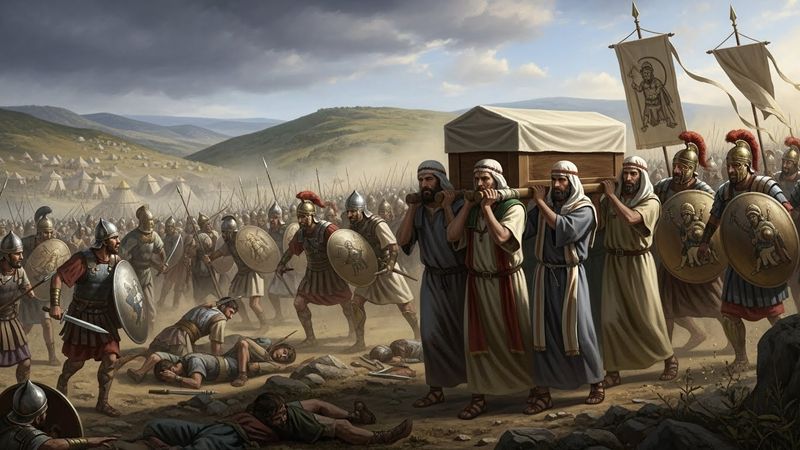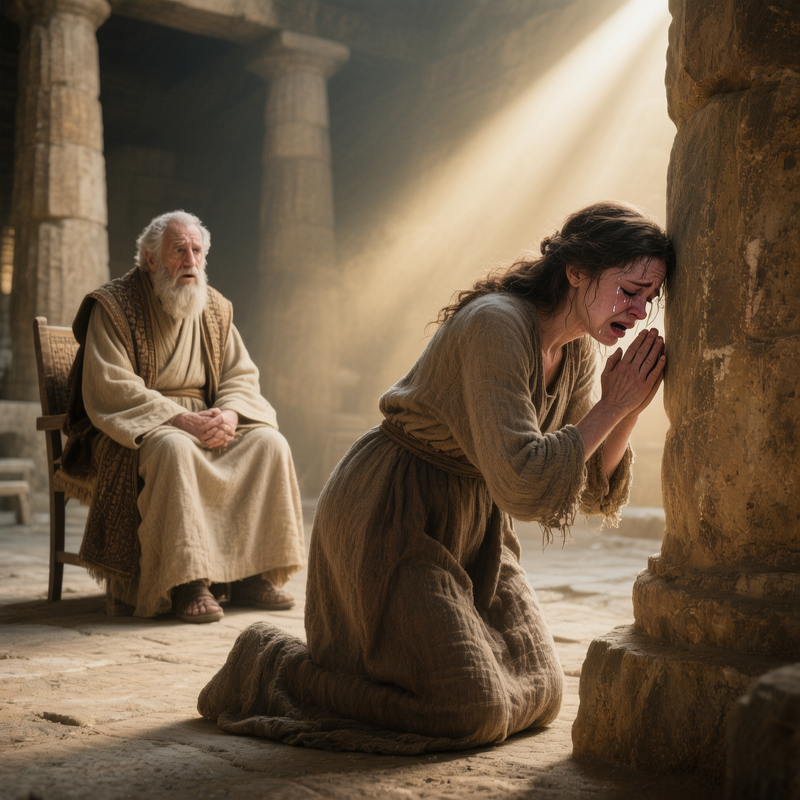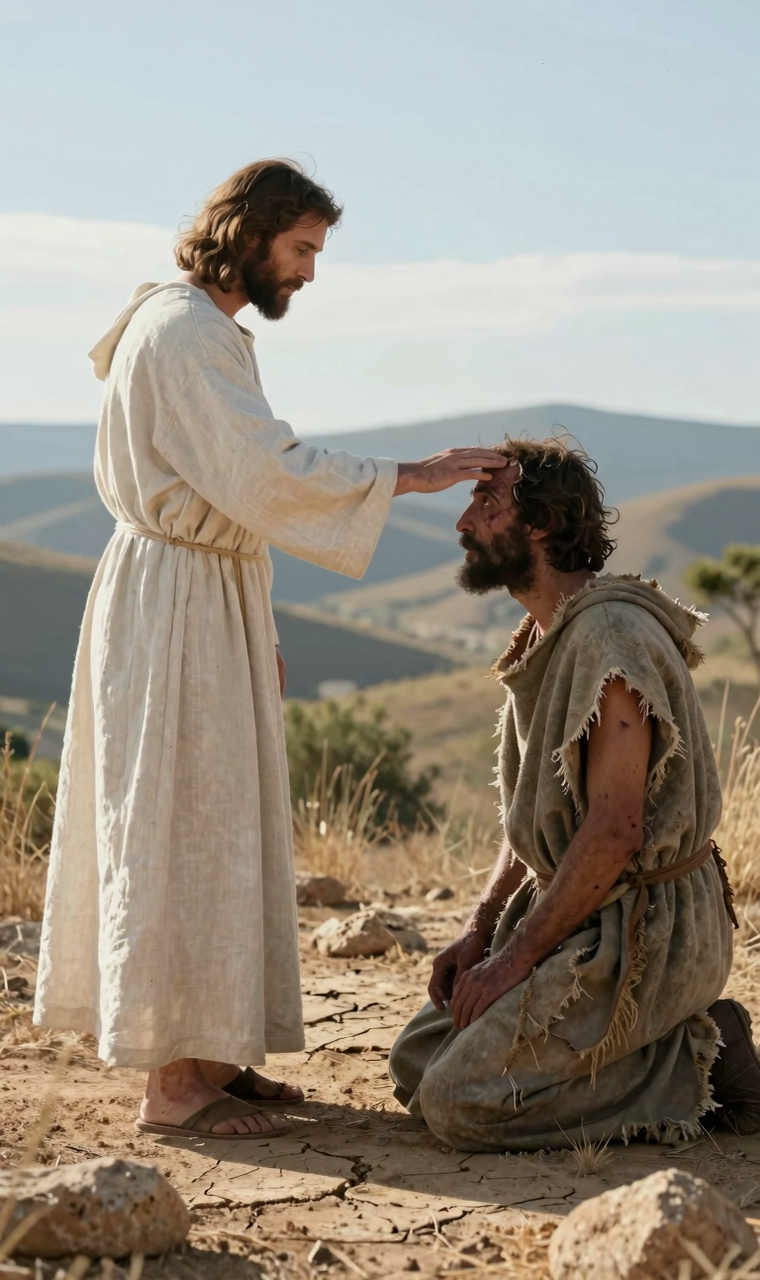DAILY HOMILIES #Jesus
Why must we make efforts during this Lent to repent? Joel says, “He is gracious and merciful, slow to anger, abounding in mercy and repents of evil.” Look around you; there is already enough evil and suffering in the world. Your decision to repent today goes a long way toward making the world a much better place. More still, you may also be averting punishment for your sins.
Read MoreAs much as God wanted to punish Solomon, there was something special about Jeroboam that caught God’s attention, just as David possessed certain qualities that impressed God. In 1 Kings 11:28, we read: “The man Jeroboam was very able, and when Solomon saw that the young man was industrious, he gave him charge over all the forced labour of the house of Joseph.” Do you desire to be great? Stop seeing work as a punishment.
Read MoreThe Psalmist says: “I was glad when they said to me, ‘Let us go to the house of the Lord!’” (Psalm 122:1). This was the joy the people felt in today’s Gospel passage they moment they recognised Jesus. They ran from various neighbourhoods to meet him, bringing their sick with them. Like those who touched the hem of Jesus’ garment, let us approach God’s temple, conscious that we will drink from the river of life that flows from it. According to Ezekiel, “Wherever the river goes, every living creature that swarms will live.” (Ezekiel 47:9)
Read MoreThe key to being ‘the salt of the earth’ and ‘the light of the world’ is showing love to those who need it most: the hungry, the homeless, the naked, the sick, the prisoners and so on. Although Isaiah’s list is not exhaustive, he basically draws our attention to the Seven Corporal Works of Mercy, which are: Feeding the Hungry, Giving Drink to the Thirsty, Sheltering the Homeless, Clothing the Naked, Visiting the Sick, Visiting the Prisoners, and Burying the Dead.
Read MoreGod, very pleased with Solomon’s burnt offering, visited him in a dream and told Solomon to request anything. In response, Solomon began by giving thanks to God for all God had done for David, his father, and for putting him on the throne. Learn to count your blessings. One who has not learnt to say ‘thank you’ lacks the right to ask for more. In the Lord’s Prayer, Jesus taught us to praise God before asking for our daily bread.
Read MoreDavid was taking a walk on the roof of his palace when he caught sight of a woman bathing. Unlike the three corrupt judges who hid in a garden to watch Susanna taking her bath, David did not deliberately seek out this sight. Still, instead of taking his gaze away immediately, he allowed himself to be tempted all the more. Jesus warned us: “Everyone who looks at a woman lustfully has already committed adultery with her in his heart. If your right eye causes you to sin, pluck it out and throw it away; you should lose one of your members rather than that your whole body be thrown into hell.” (Matthew 5:28-29)
Read MoreIn today’s Gospel passage, Jesus says: “Is a lamp put under a bushel or under a bed? For there is nothing hid, except to be made manifest, nothing secret except to come to light.” Just as light can never be hidden, Jesus wants us to know that we can never hide. There is nothing we do secretly that would not eventually come to the light; there is nothing hidden that would not be known. It is only a matter of time. It is better to do what is right than to try to cover your tracks later on.
Read MoreFor sparing Saul’s life, David proved that he was greater than Saul. With a heart full of shame, Saul prayed for David: “So, may the Lord reward you with good for what you have done to me this day. And now, behold, I know you shall surely be king.” When you show kindness to your enemies, know that you are doing it for God, who will reward you. Do not assume that your kindness will change their attitude towards you (Saul would later continue his pursuit of David). Be good to them, for God’s sake.
Read MoreSamuel tried to identify all the negative aspects of having a king to discourage the elders, but at this point, they were too angry to listen. They said: “We will have a king over us so that we also may be like all the nations.” In moments of failure, we tend to look down on ourselves, our efforts, our religion, or what we have. Stop trying to be like everyone else. You have a unique destiny. If God allowed you to fail, it is for a purpose. Identify the mistake and stop blaming God.
Read MoreThose who treat prayer like magic have no respect for God. They see themselves as powerful and regard God as an object that will always do their bidding. Instead of begging God, they issue commands. Instead of acknowledging their nothingness like John the Baptist, who said he was unfit to untie the sandals of Jesus, they boast of their powers and even give themselves titles. Instead of praying for others and telling them not to publicise it (as Jesus did in today’s Gospel passage), they bring cameras to televise it. They reduce the sanctuary to a stage on which people clap and drop money onto the floor for the performer (in this case, the man of God). Church services quickly transform into concerts when prayer is seen as magic.
Read MoreThat a man with a demon could enter the Synagogue should alert us to the fact that not everyone who says “Lord, Lord” in the church is genuinely saved. Some of us are merely satanic agents, demons in disguise, intent on destroying souls. The only shield we have as Christians is prayer. Jesus commanded demons not just because He is God but because He was a man of prayer. A prayerless Christian is a powerless Christian.
Read MoreYour healing starts with faith. No one who approaches Jesus with faith will ever leave disappointed. As St. John teaches us, faith is our victory over the world. “Who is it that overcomes the world, but he who believes that Jesus is the Son of God? (1st John 5:5). Even in Jesus’ time, there were many lepers and sick people in Israel; many had contact with Jesus, but only those who touched him with faith received healing. God is not weak; you only need to reignite your faith.
Read More